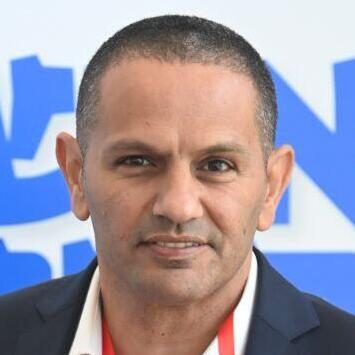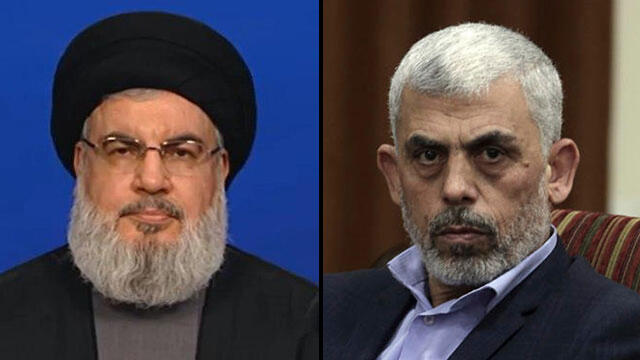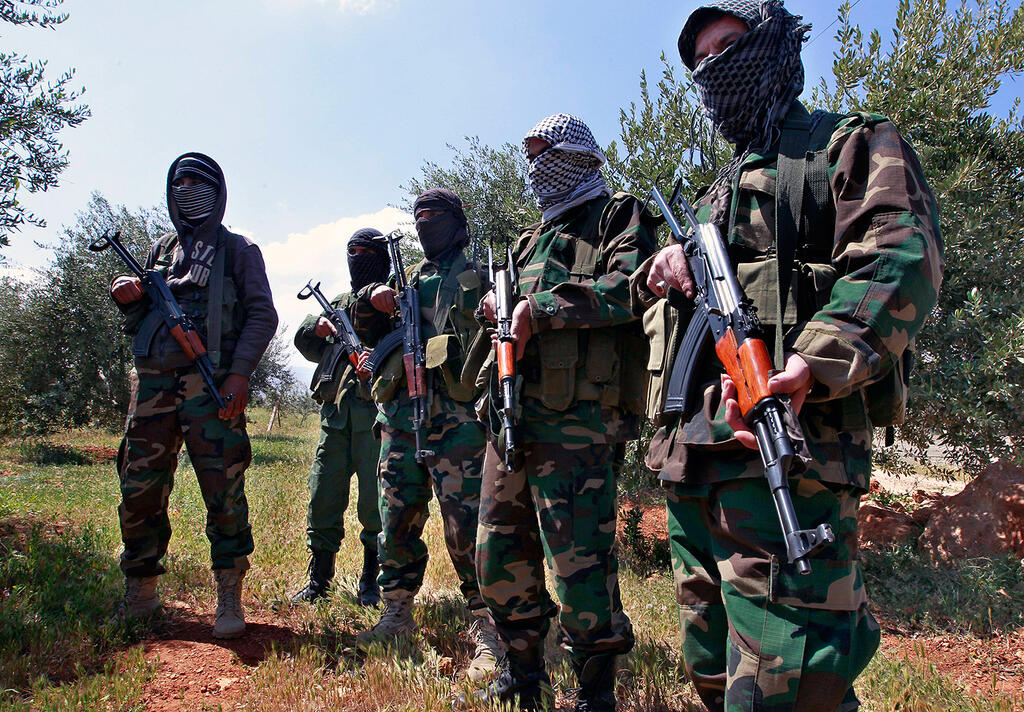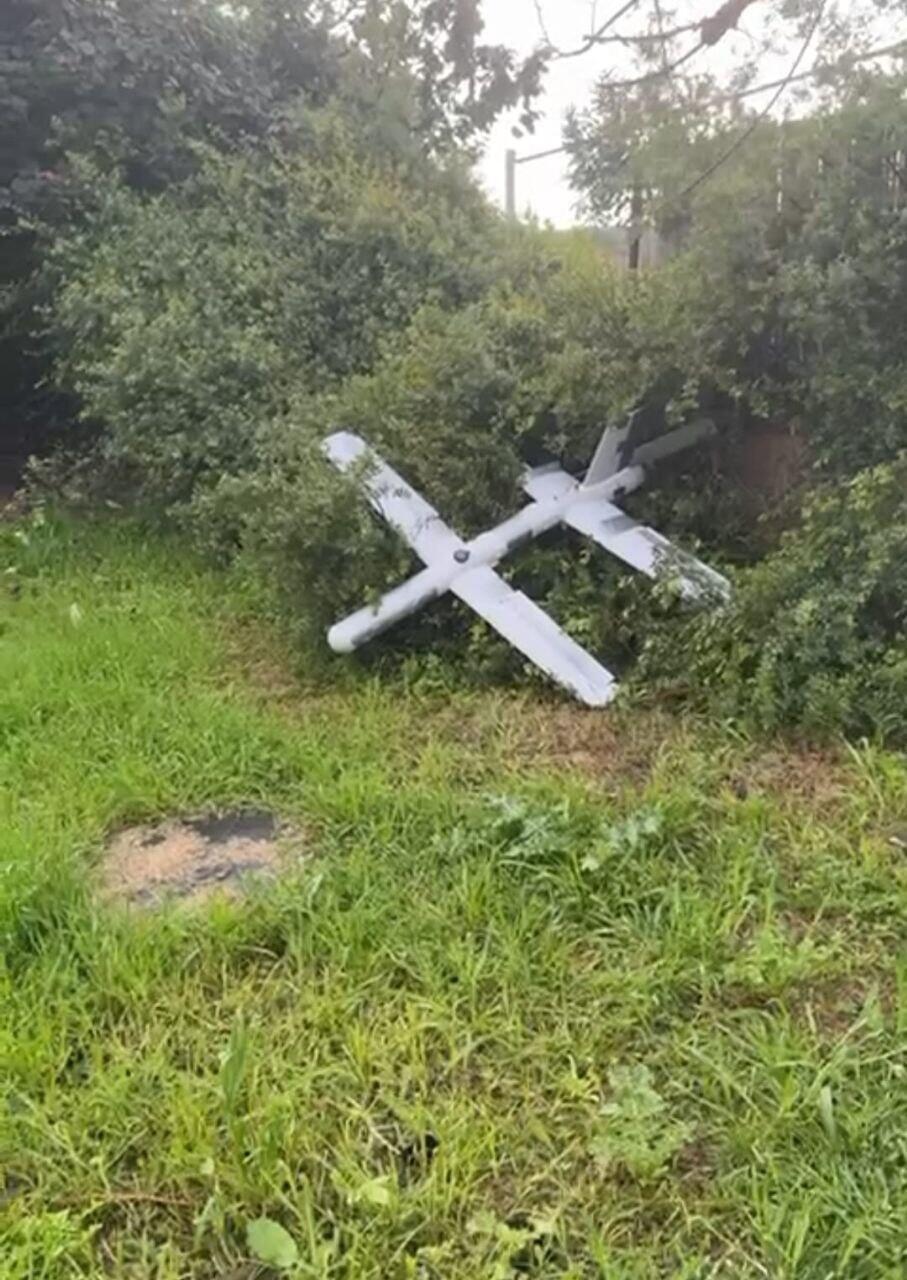Getting your Trinity Audio player ready...
Hamas leader in the Gaza Strip Yahya Sinwar secured a commitment from Hezbollah before the October 7 terrorist attack to launch a joint assault on Israel, according to documents the IDF recently obtained during its ground operations in the southern Gaza Strip city of Khan Younis.
More stories:
Israel's main concern for October 7 almost came true. While the IDF was working hard to cleanse the Gaza border towns of terrorists, Hezbollah was preparing to launch a similar offensive on the northern border towns, a move that could have thrown Israel into a full-scale two-front war after a crippling initial strike
New findings show that Sinwar not only hoped for this scenario but counted on it, even claiming to have received Hezbollah's commitment to its participation.
During operations in Khan Yunis, IDF forces discovered new documents shedding light on why the Hamas leader believed the Shiite "axis of resistance," namely Hezbollah and Iran, would actively engage.
One document revealed Sinwar's communication with his people, saying, "We received a commitment that the axis will participate in the large liberation project due to the nature of the relationship we are working on."
Additional documents reaffirm the commitment he received, stating that the operation in southern Israel will trigger concomitant action from the north, on which Hezbollah trained under the banner of "occupying the Galilee."
Ultimately, the mullahs in Tehran and Hezbollah chief Hassan Nasrallah in Beirut let Sinwar down. While Hezbollah did promote 15 Fajr units - condensed battalions of its elite Radwan forces - along the border, from Naqoura in the west to Mount Dov in the east, and prepared for immediate invasion, he did not know the exact timing of Hamas' action, and even after it happened, the order was not given as quickly as Sinwar would have hoped.
Hezbollah's delay allowed IDF forces, primarily reservists, who were mobilized from their homes, to arrive at their positions and hold the line for that tense day.
The gap between Sinwar's hopes as shown in the document and what happened in practice raises the question, why did Hezbollah refrain from an action that would have presented Israel with a tougher challenge while still handling Hamas' surprise attack?
Apart from Hamas' choice of timing, one explanation would be caution on Hezbollah's part to assess the operation's success, and by the time Nasrallah understood its dimensions, the IDF had organized in the north in a way that prevented effective implementation of the plan to occupy Galilee settlements.
According to an Israeli source, the reason for avoiding a full-scale war in the north is different. According to him, Hezbollah's basic desire was to enter immediately, but Iran held the organization back because it knew Israel would react forcefully. Essentially, Hezbollah's dangerous capabilities were not built by Tehran at a cost of a billion dollars a year to serve as a force multiplier for Hamas but rather as a sharp response to a potential Israeli attack on its nuclear facilities.
In the early days of the war, there was a possibility of an Israeli operation in Lebanon that was ultimately dropped despite Defense Minister Yoav Gallant and IDF generals supporting the idea.
Instead, Israel has been engaging in tactical skirmishes that have resulted in military achievements: approximately 200 dead terrorists, Radwan forces have been pushed back several kilometers north and senior commanders in Radwan forces have been killed. Additionally, Israel regularly attacks military targets on the border instead of waiting for Hezbollah's fire and the subsequent response.
In recent days, the IDF has stepped up with powerful attacks in Nabatieh, Sidon, Kfar Kela and Blida. Hezbollah has increased the number of drones and rockets it fires on Israel.
On Tuesday, a drone fell in the backyard of Mateh Asher Regional Council Mayor Moshe Davidovich. Another crashed drone was found near Tiberias the day before. In both cases, there were no casualties, but the IDF is examining how the aircraft managed to infiltrate Israeli airspace without being shot down or triggering warning sirens first.
"Every day, the IDF wins and Hezbollah loses," said Defense Minister Gallant during a visit to forces in the north on Tuesday. "I hope there won't be more difficult days, but if there are, you are prepared."
Gallant also claimed, impressed by the air defense system, that "Nasrallah's tactical plans have collapsed: the IDF is operating in Damascus, in Beirut, in Nabatieh and wherever needed."
While Nasrallah is running the northern front from his bunker, there are concerns that Sinwar managed to escape from Gaza, taking Israeli hostages with him. According to a senior Saudi military official, there is no intelligence to support that claim and such a departure to Egypt on his part would pose an even greater risk for him.
Meanwhile, Israeli forces are pressing on with operations in Khan Younis while the Paratroopers Brigade deepens the fighting in the western part of the southern Gaza Strip city.






